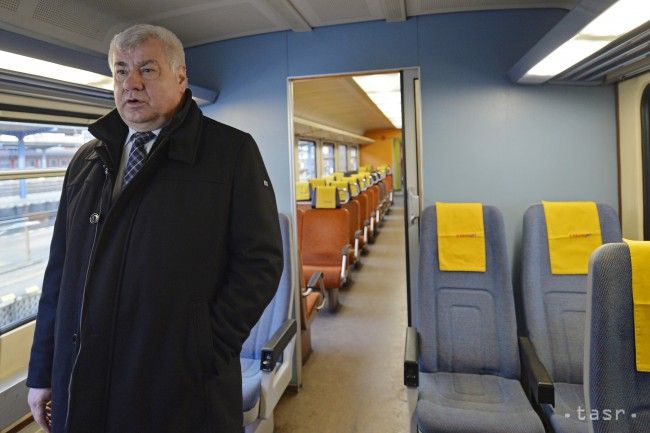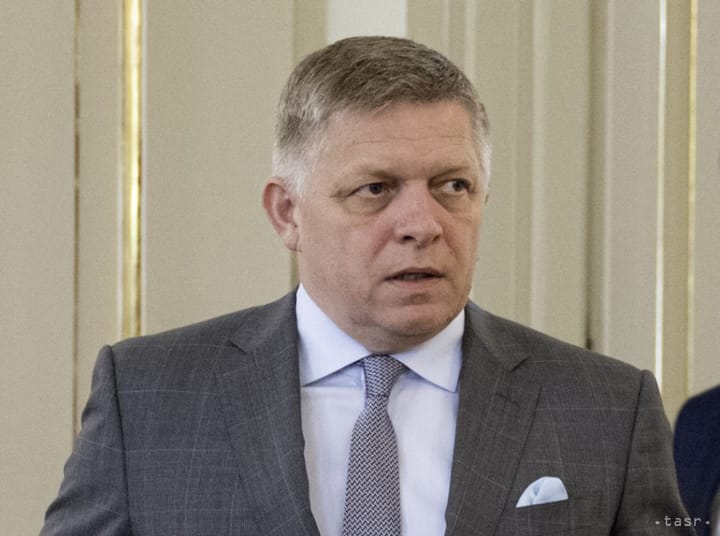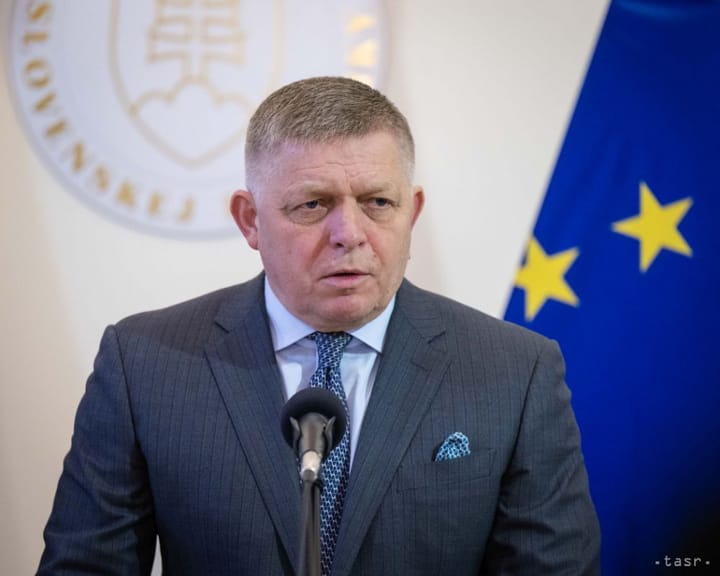Ersek: We Cannot Resist Railway Transport Liberalisation

Bratislava, April 20 (TASR) – Slovakia cannot resist railway transport’s liberalisation, whether anyone likes it or not, Transport and Construction Minister Arpad Ersek (Most-Hid) said while addressing participants at a conference called Current Challenges in Regional Passenger Rail Transport, held in Bratislava on Thursday.
The conference was organised by state-run rail passenger carrier Zeleznicna Spolocnost Slovensko (ZSSK) under the auspices of the Transport Ministry.
The European Union will press the railway market into liberalisation, i.e. the arrival of private carriers, stated Ersek. Nevertheless, competition is something that can make prices and the quality of railway transport move. “It’ll be up to us to what extent we are able to use it,” stressed Ersek.
Shortly after assuming his ministerial post, Ersek scrapped the tender for operating a train service on the Bratislava-Banska Bystrica route that had been announced by his predecessor. Ersek claims that he has a different idea of liberalisation and that he does not want to offer only the most lucrative routes in tenders to carriers.
The minister’s idea is that carriers operating the main route would also ensure transport on adjacent tracks that follow up to the main one. “I want them to serve the whole region, including maybe loss-making adjacent regional routes,” explained Ersek. He declined to specify what routes he would offer through tenders at the moment. Nevertheless, he said that the first one should be announced by the end of this year.
The state’s goal is to make railways in Slovakia faster, cleaner more modern and more precise. “When the railway meets these four points, it will be serving its purpose,” said Ersek. People will thus get used to using railway transport, as they will know they will arrive on time and travel in clean and fast trains.
Ersek raised the question concerning what should be built first – expressways or a railway network. He said it’s hard to answer this question, as both seem to have the same priority. However, sometimes he feels as if railway transport was ‘sidetracked’ compared to motorway and expressway construction.
Ersek also pointed out the importance of speed in the country’s railway transport. “I say we will be glad if trains are able to achieve 160 km/hour all over the country here,” he said, adding that trains in some other countries already achieve 250 km/hour.
Officials representing individual self-governing regions, the Transport Ministry, the rail infrastructure owner ZSR and bus transport operators took part in the conference, too.



